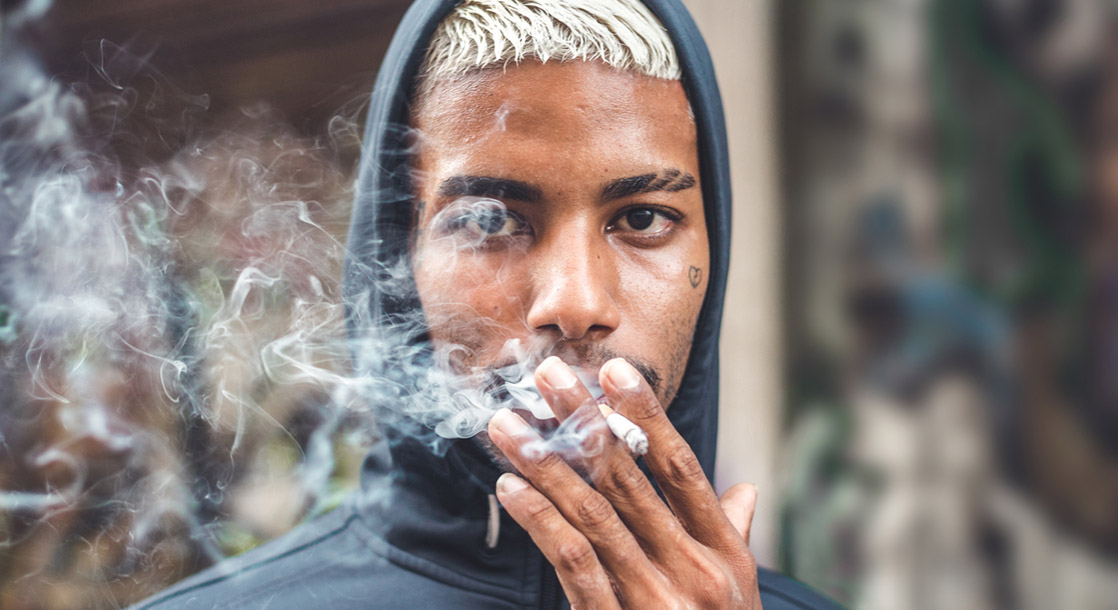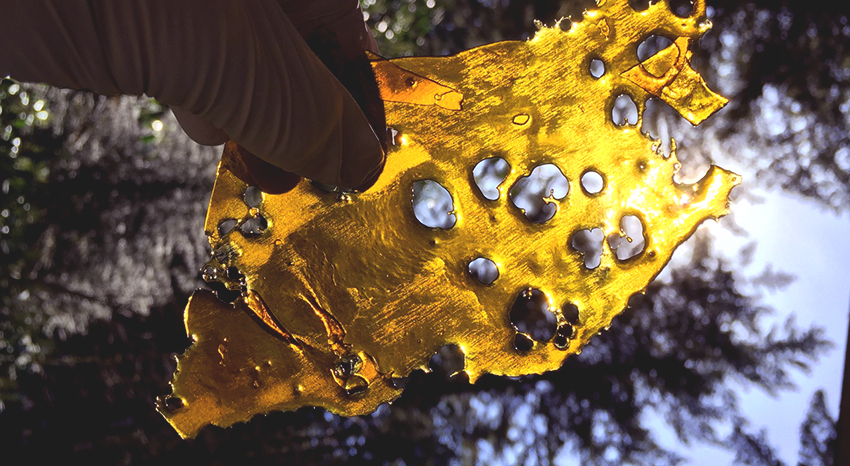Cover image via
California may have the largest legal weed market in the entire US, but Michigan stoners apparently love to get even more lit than their Californian compatriots.
According to a new industry report by cannabis delivery service Eaze, high-potency pot is more popular in Michigan than in California. Eaze arrived at this conclusion by comparing sales data from these states, which happen to be the two markets where it currently operates. The report found that the largest percentage of high-potency cannabis sales were made in Ann Arbor, Grand Rapids, and Detroit, three of the most weed-friendly cities in Michigan.
Sales data alone can’t explain why Michiganders love high-THC weed so much more than Californians, but Eaze believes the weather may actually have a lot to do with it. The Golden State is almost always drenched in sunshine, so there’s plenty of opportunities to go outside and enjoy nature year-round. But Michigan’s icy winters mean hibernation time for many residents, and the pandemic has made socializing even more difficult. So if you’re stuck indoors for months on end, why not get as blazed as humanly possible?
“We also saw that there tended to be more sales of concentrates and high-potency flower in colder months,” said Elizabeth Ashford, Eaze’s vice president of communications and public affairs, to Metro Times. “So that may also have something to do with it. And I don’t want to derive any conclusions about that, because I don’t live in Michigan, but that might be part of it. Michigan is colder for more of the year than most of California, so that was one thing we posited.”
The report also found that high-potency concentrates were way more popular among younger cannabis enthusiasts. Gen Z stoners bought more high-grade wax and shatter than any other age group, although Millennials came in at a close second. But when it comes to flower, Baby Boomers actually bought more high-THC bud than any younger generation. Raw flower was also the most popular purchase among men, while women tended to go for edibles and pre-rolls.
Younger cannabis lovers were also more willing to buy weed from minority-owned businesses, according to the report. In 2019, Eaze set up a Social Equity Partners’ Program, creating a separate menu of legal weed products exclusively sold by businesses who had received social equity licenses in California. And although many municipalities have been slow to embrace these programs or struggled to meet their diversity goals, Eaze still sold nearly $10.6 million worth of weed from social equity businesses since the program began.
The percentage of social equity sales has been growing, too. Last year, the program made $6.5 million in sales, a 72 percent increase over 2020. These sales were largely driven by Gen Z and Millennial shoppers, while Gen X’ers and Boomers seemed less interested in the program overall. Michigan also has its own social equity programs to help minority businesses gain traction in the legal weed industry, but Eaze will not be launching its partners program in that state until later this year.
“There’s a lot of conversation about the necessity for social equity licenses, and the purpose and value of them, but there hasn’t been a lot of information about them once you get them onto the market, or whether or not that narrative and that background matters to consumers,” Ashford told Metro Times. “These licenses have a material impact on the businesses that are granted them. And this is about building wealth for people who were hurt by the war on drugs over time. So that is all good news.”











